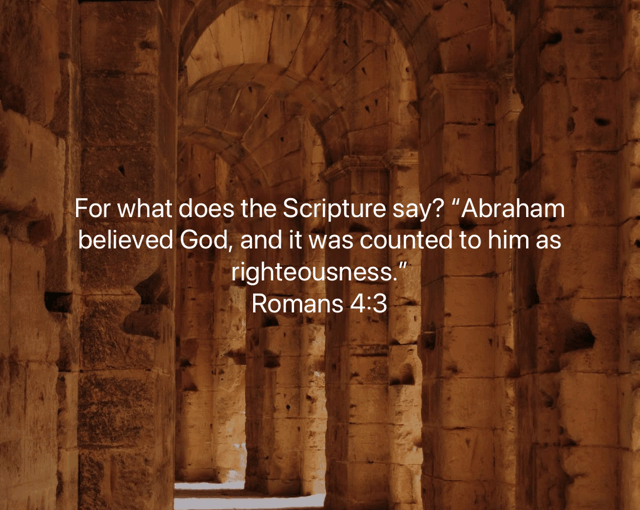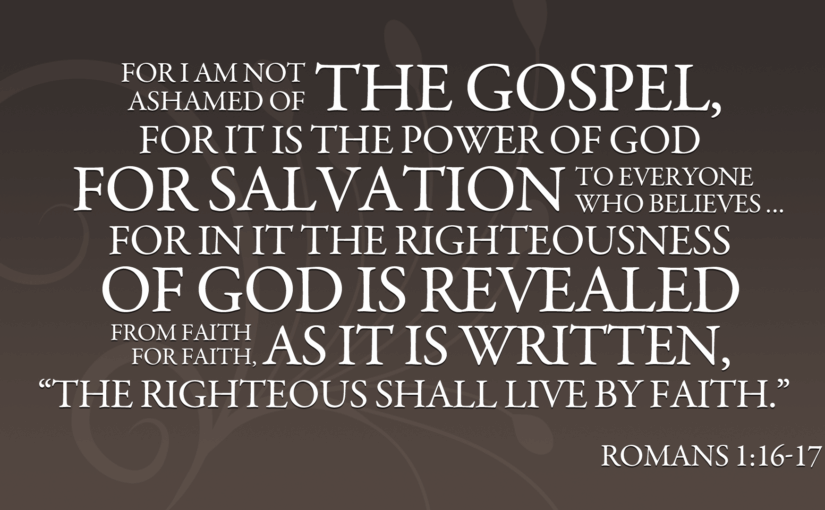Imagine you’re standing by a railroad track. In the distance, you see five people tied to the rails. A train is coming, and death is certain.
This well-known psychological and ethical thought experiment challenges us to make a terrible choice. In its classic form, you can pull a lever to divert the train, sacrificing one person to save five.
But today, the scenario gets more personal. Instead of pulling a lever, imagine the only way to stop the train is by throwing yourself on the tracks. Great suffering—and likely death—awaits. Would you do it?
Before you answer, consider the Apostle Paul in Romans 9. He is confronting a heartbreaking reality: many of his fellow Jews will not accept Jesus. Their spiritual death and separation from God is certain.
“My heart is filled with bitter sorrow and unending grief,” he writes.
“For I would be willing to be forever cursed—cut off from Christ!—if that would save them.” (Romans 9:2–3, NLT)
Paul isn’t presenting a hypothetical. He is expressing genuine anguish and a willingness to suffer eternal separation from Christ if it meant salvation for others. He is volunteering to throw himself on the tracks.
My heart aches when I consider the depth of Paul’s pain. He offers to embrace a life void of hope, peace, and love, if only his people might be saved. That’s a love that mirrors the sacrifice of Christ Himself.
Today, we face a similar choice—not necessarily to die, but to give of ourselves for the sake of others. Will we cling tightly to the promise that Christ is for me, or will we surrender that comfort to share Him with a world that desperately needs Him?
What will you choose?


